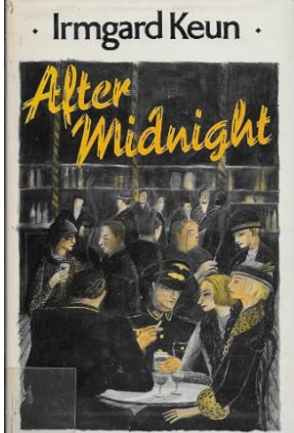Cox, F., & Theodorakopoulos, E. (Eds.). (2019). Homer's Daughters: Women's Responses to Homer in the Twentieth Century and Beyond. Oxford University Press.
Cox, F., & Theodorakopoulos, E. (Eds.). (2019). Homer's Daughters: Women's Responses to Homer in the Twentieth Century and Beyond. Oxford University Press.
This collection of essays examines how women writers of the twentieth and twenty-first centuries, from various background and locales, have responded to, reimagined, and rewritten the Homeric epics. The backgrounds of these authors and the genres they employ—memoir, poetry, children’s literature, rap, novels—testify to the growing appeal of Homeric texts, and their lasting influence. The treatments addressed range from surrealism to successive waves of feminism to imaginative explorations of the future, examining Homer’s influence in a multitude of different literary and political movements, and the essays in this volume bring diverse critical approaches to the work. Authors include: H.D., Elizabeth Cook, Christa Wolf, Margaret Atwood, Alice Oswald, Adèle Geras, and Kate Tempest. It ends with Emily Wilson on her new translation of the Odyssey. The Homeric texts are read as open and available for women to use to express their own concerns. The essayists are established academics as well as early career academics.
As noted by Carolyn MacDonald, University of New Brunswick, in her review, the book misses an opportunity for a conversation where thematic threads and tensions may have been explored. It fails to define what a feminist text might be, with only Carolin Hahnemann offering a criterion: a text qualifies as feminist if it “(a) questions or undermines male prerogative; (b) reinserts women’s presence and perspective…; or (c) exonerates a female character that had been used as a scapegoat” (92). MacDonald suggests the book also misses an opportunity to critique the value of a ‘feminist text’.
It is helpful in that the range of treatments and approaches to Homeric texts presented in the book can provide insights into the variations and commonalities in interpretations and themes. The book's limitations in considering the value of a 'feminist text' articulate a gap my proposed research project can address, contributing to the exploration of the implications of imagined communities and gender representation.



Comments
Post a Comment